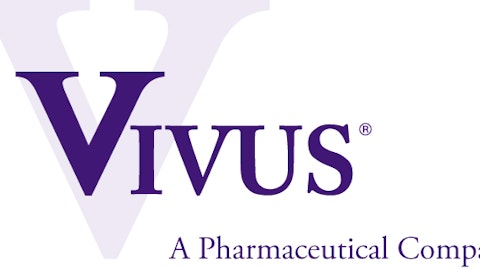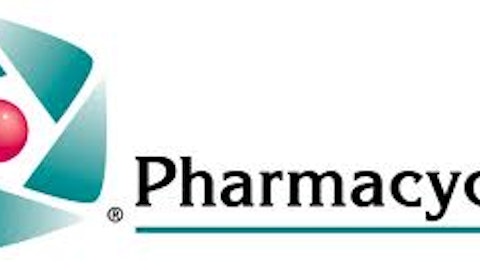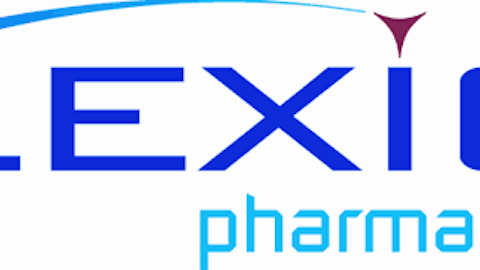The study was one of the largest ever (more than 1,600 patients) on newly diagnosed patients of multiple myeloma. If approved for the new indication, Revlmid would then better compete with Millennium Pharmaceuticals, Inc.’ (a division of Takeda Oncology Company) Velcade or bortezomib, the first proteasome inhibitor to be approved in the U.S. for treatment of multiple myeloma and mantle cell lymphoma.
Kyprolis (carfilzomib) is another drug in the same class of proteasome inhibitors introduced by Onyx Pharmaceuticals, Inc. (NASDAQ:ONXX). Kyprolis for injection, however, is indicated for treatment of patients that have undergone at least two prior treatments for multiple myeloma. It is more of a competition for Celgene Corporation (NASDAQ:CELG)’s Pomalyst (pomalidomide), indicated for multiple myeloma patients that have received at least two therapies including Revlimid and Velcade.
Pomalyst has not been able to dominate the market against Kyprolis. However, considering that revenue from Revlimid continues to improve and sales of Vidaza (azacitidine), Celgene Corporation (NASDAQ:CELG)’s treatment for myelodysplastic syndrome, continue to increase despite competition from generics, it is highly unlikely that the impact would make any significant difference to Celgene’s future revenues.
Elotuzumab, a humanized monoclonal antibody, being developed by Bristol Myers Squibb Co. (NYSE:BMY) in partnership with AbbVie Inc (NYSE:ABBV) is another drug that could have an impact on Celgene. Actually, Celgene has a stake in the success of elotuzumab because it could be used with Revilimid.
After encouraging results of Phase II clinical trials, elotuzumab is currently in Phase III clinical investigation for treatment of relapsed-multiple myeloma. Actually, it is being studied in three different studies – one of which is in Phase II and would require Phase III clinical trials. The other two studies are in Phase III, which are likely to be completed by 2014 and 2018.
Conclusion
Celgene reports Q2 FY 2013 results on July 25, 2013. The company has been beating market expectations continuously for the last four quarters and there is no reason to doubt that it will not repeat its performance this time round as well.
Despite slow revenue growth in the most recent quarter, the company reported 46% increase in net income – up from $263.12 million in the quarter ended December 2012 to $384.90 million in the quarter ended March 2013 – mostly due to disciplined spending on selling, general and administrative expenses.
Biotech stocks tend to move up on news and Celgene is no exception particularly in light of positive results for Revlimid and expectation of more good news. I see further upside in Celgene stock. However, instead of betting on the momentum – the stock has appreciated more than 100% in one year and 73% YTD – I would prefer to stick to the time tested strategy of accumulating fundamentally strong stocks like Celgene whenever there is a slight or significant drop in price.
The article A Fundamentally Strong Biotech Stock originally appeared on Fool.com is written by Kanak Kanti.
Dr. Kanak Kanti De has no position in any stocks mentioned. The Motley Fool recommends Celgene. Kanak is a member of The Motley Fool Blog Network — entries represent the personal opinion of the blogger and are not formally edited.
Copyright © 1995 – 2013 The Motley Fool, LLC. All rights reserved. The Motley Fool has a disclosure policy.




